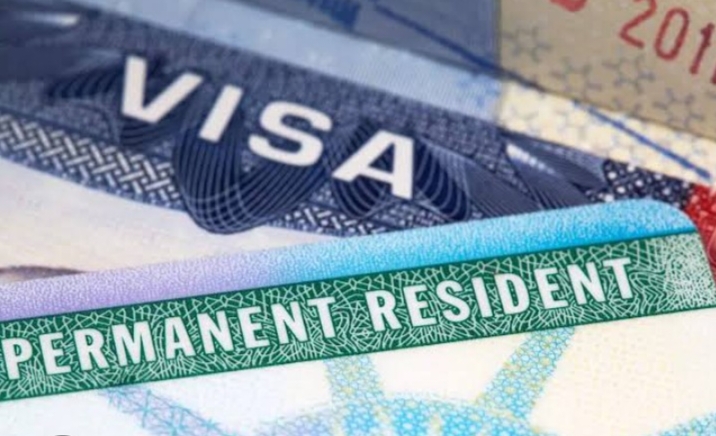The United States Citizenship and Immigration Services (USCIS) has introduced a new policy requiring visa and green card applicants to provide their social media handles as part of the application process.
This move is intended to enhance security screening and background checks for individuals seeking entry, residency, or citizenship in the United States.

However, the policy has sparked concerns among immigration advocates and privacy experts, who worry about how the collected information will be used and the potential for misinterpretation of online activity.
The requirement applies to various immigration forms, including applications for US citizenship, asylum, and changes to immigration status.

Some of the specific forms affected include the N-400, which is used for naturalization, the I-131, which is for advanced parole or travel permits, the I-485, which is required for green card applications, and the I-589, which is used by asylum seekers.
By making social media disclosure mandatory, the US government aims to strengthen its ability to identify potential security risks and ensure that applicants meet all eligibility criteria before approval.

Despite the government’s justification for the policy, legal experts and immigration attorneys have raised several concerns. Jonathan Wasden, an immigration lawyer, criticized the lack of clarity regarding how USCIS will evaluate social media activity, how long applicants’ data will be stored, and what specific criteria will be used to flag potential issues.
He warned that people could face application denials based on posts that are misinterpreted or taken out of context, leading to unfair rejections and possible legal battles.
In response to these concerns, USCIS has opened a 60-day public comment period, allowing individuals, advocacy groups, and organizations to share their feedback before the policy is finalized.

This period provides an opportunity for affected applicants and stakeholders to voice their opinions and propose changes that could make the process more transparent and fair.
Reports indicate that this new requirement is part of a broader effort by the Department of Homeland Security (DHS) to enhance background checks through digital surveillance.

Over the years, US immigration policies have increasingly incorporated technology-driven methods for screening applicants, and this latest move signals a continued shift toward monitoring online activity as part of the vetting process.
While national security remains a top priority, the debate over privacy, data protection, and the fair treatment of immigration applicants is expected to continue.




